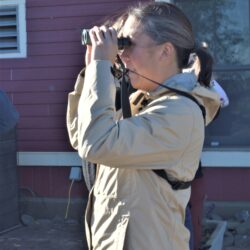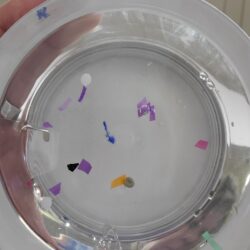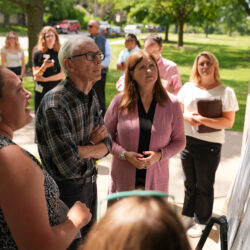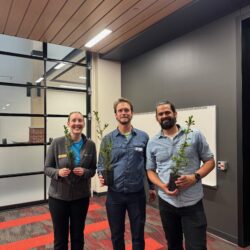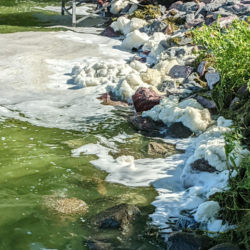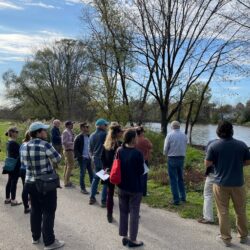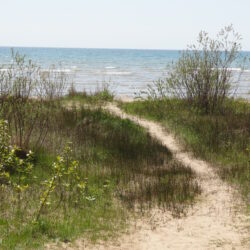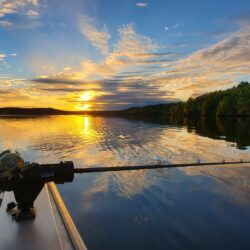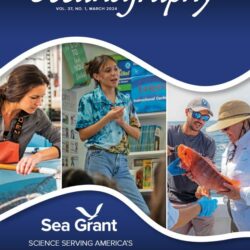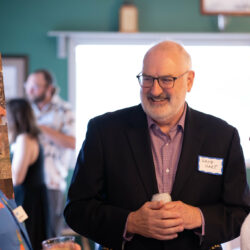Everyone Can Bird, Second of Three Accessible Birding Events
All are invited to attend the second in a series of three free events designed for birders of all skills and abilities. Join “Everyone Can Bird: Graduation to Migration,” 9:30 – 11:30 a.m., Wednesday, Aug. 14, at the Millennium Trail off N. 28th Street and Wyoming Avenue, Superior, Wisconsin.



